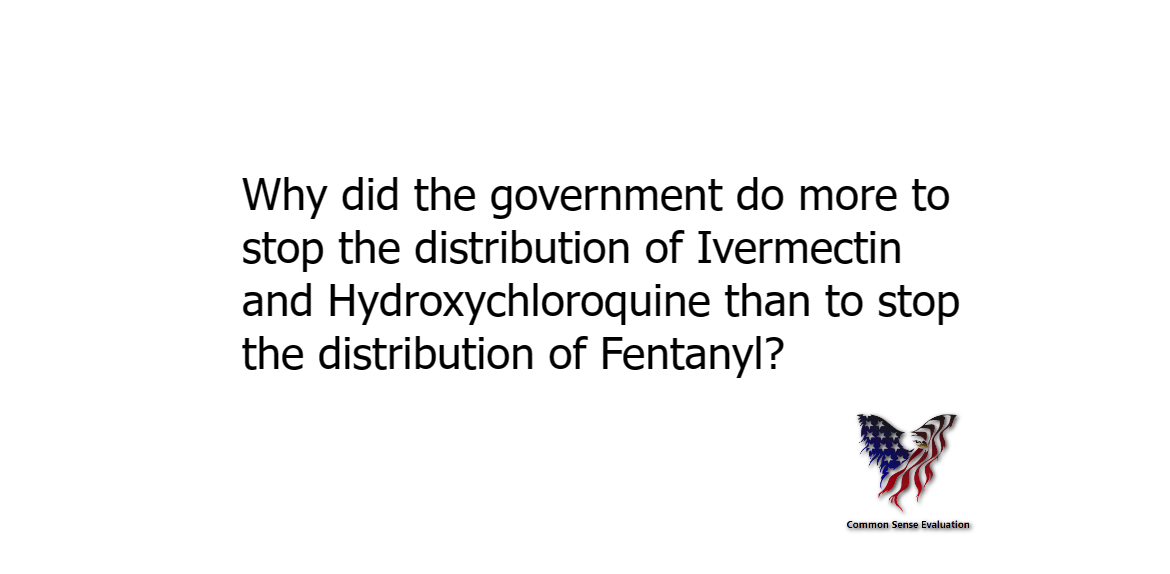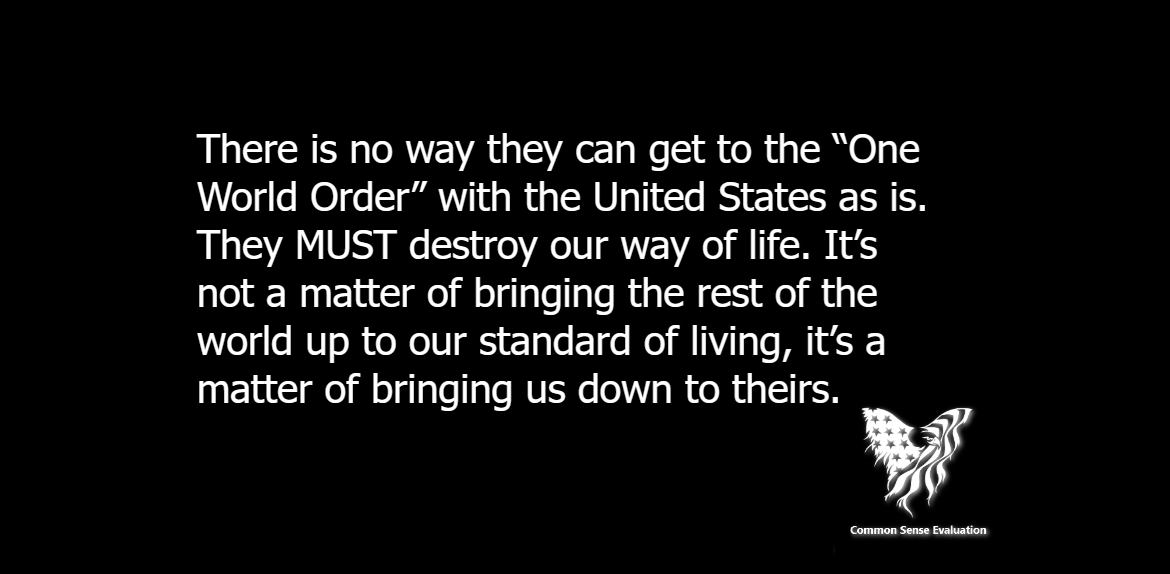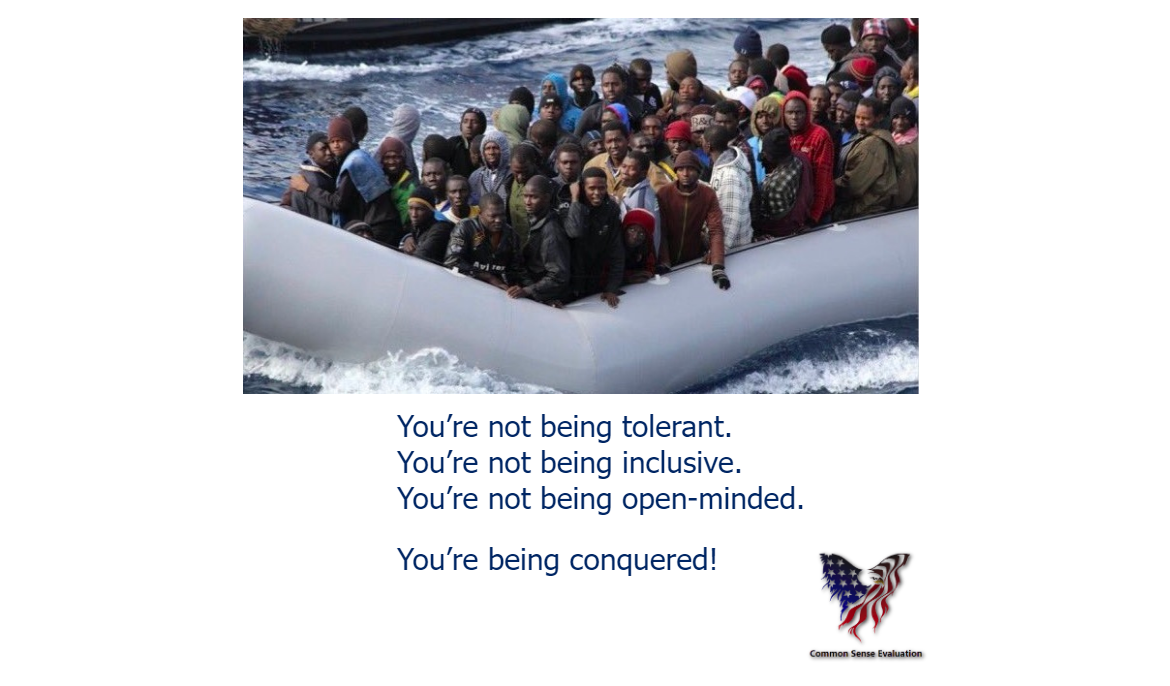Why did the government do more to stop the distribution of Ivermectin and Hydroxychloroquine than to stop the distribution of Fentanyl?
One World Order
Preferential Treatment
The Invasion
In the shadowy depths of history lies a grim chapter that should serve as a stark reminder of the importance of vigilance in the face of power. The Gulag Archipelago, an extensive system of labor camps in the Soviet Union, has long captured the imagination of those seeking to understand the depths to which totalitarian regimes can sink. Though the Soviet Union has crumbled, its legacy still haunts the pages of history books. In this article, we will look into the Gulag Archipelago, explore its relevance today, and discuss whether the same fate could potentially await patriotic Americans in the context of today’s political climate and discussions surrounding a globalist “Great Reset.”
Understanding the Gulag Archipelago
To fully grasp the significance of the Gulag Archipelago, we must journey back to its origins. The term “Gulag” itself is an acronym for “Glavnoe upravlenie lagerei,” which translates to the “Main Camp Administration.” Initiated by the Soviet regime under Joseph Stalin, the Gulag system was established in the early 20th century to suppress political dissent, stifle opposition, and force labor from those deemed enemies of the state.
The Gulag Archipelago was a vast network of labor camps scattered across the expanse of the Soviet Union. These camps held millions of prisoners, subjected to inhumane conditions, forced labor, and rampant human rights abuses. The writings of Alexander Solzhenitsyn, a former Gulag inmate, brought international attention to the horrors within this secretive system.
Relevance Today
Now, you might wonder, how does a dark chapter from the past like the Gulag Archipelago relate to modern America? The connection lies in the need to remain vigilant in the face of power, especially in today’s world of complex geopolitical dynamics and discussions surrounding a globalist agenda.
- Erosion of Civil Liberties:
In the Soviet Union, political dissidents, intellectuals, and those who dared to voice their opinions found themselves in the clutches of the Gulag system. Today, in the United States, concerns about the erosion of civil liberties and freedom of speech are ever-present. While the circumstances are different, the lesson is clear: the suppression of dissenting voices can lead to grave consequences.
- Polarization and Intolerance:
The Gulag Archipelago stands as a grim reminder of what can happen when a society becomes polarized and intolerant of differing views. In today’s political climate, where polarization and division are rampant, there is a growing concern that the demonization of ideological opponents could lead to a more repressive society.
- Globalist “Great Reset”:
The mention of Klaus Schwab’s “Great Reset” is shrouded in controversy and fear. While proponents claim noble intentions rooted in addressing global challenges, a haunting specter looms—an unchecked globalism that threatens to undermine not only national sovereignty but also individual freedoms. The history of the Gulag Archipelago serves as a grim testament to the consequences of allowing such global agendas to go unchecked, potentially paving the way for oppressive regimes to tighten their grip on the very fabric of society. In the face of these ominous possibilities, it is incumbent upon citizens to scrutinize, with unrelenting vigilance, the true motives behind such global initiatives, lest they unwittingly surrender their freedoms to an uncertain and foreboding future.
Protecting Against a Bleak Future
So, how can everyday patriotic Americans ensure they do not find themselves facing a fate similar to those who suffered within the Gulag Archipelago? The answer lies in vigilance, engagement in the political process, and a commitment to upholding the principles of liberty and freedom.
- Active Civic Engagement:
The power of a democracy lies in the active engagement of its citizens. By participating in elections, staying informed about policies and legislation, and advocating for their beliefs, Americans can help shape the course of their country’s future.
- Safeguarding Civil Liberties:
The protection of civil liberties is paramount. Americans should be vigilant in defending their First Amendment rights, including freedom of speech, assembly, and the press. Vigorous public debate should be encouraged rather than stifled.
- Critical Analysis of Global Agendas:
It is equally crucial to critically examine global agendas like the “Great Reset.” Ensuring that such initiatives respect national sovereignty and individual rights is essential for safeguarding freedom.
Final Thoughts
The Gulag Archipelago stands as a chilling reminder of the darkest depths to which totalitarian regimes can descend. While the circumstances of the past may differ from those of the present, the lessons are universal. Vigilance, protection of civil liberties, and critical examination of global agendas are vital to ensuring that the fate of the Gulag Archipelago remains firmly in the annals of history and does not become a reality for any society.
In the Republic of the United States, the responsibility to safeguard freedom falls upon its citizens. The lessons of history must guide us, reminding us that the protection of individual liberties and freedom is a continuous endeavor. In this pursuit, Americans must remain ever-vigilant, united in their commitment to preserving the values that define their nation.




